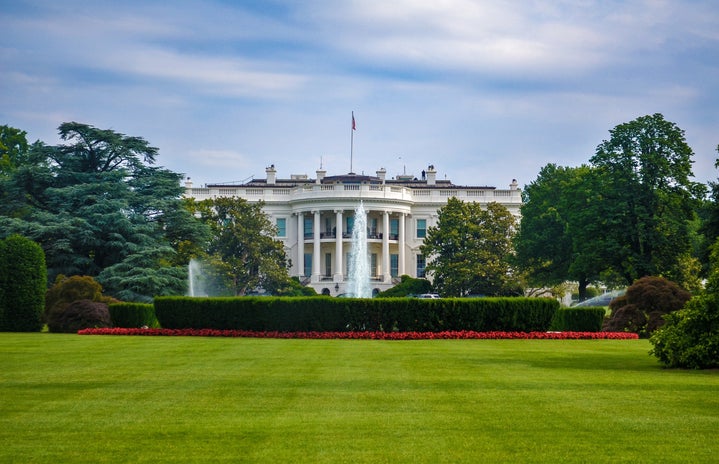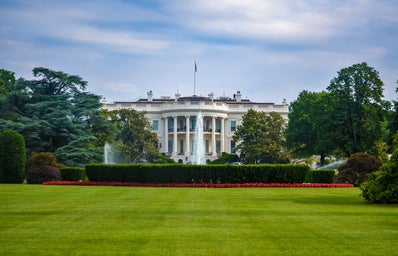Wednesday night was the third and final debate between the two presidential candidates, one of which is virtually guaranteed to become President of the United States this November. Attendance was greatly reduced compared to the first debate event (both were hosted by the Debate Society in Blanchard). For the first presidential debate, most forward-facing seats were filled half an hour before the scheduled start time, and all of the chairs had been commandeered by the time the debate started. This Wednesday the 19th, seating was freely available even at the start of the debate, and while most seats were taken, there were nowhere near as many people as at the first debate. This represents national averages fairly well: the first debate drew 84.4 million viewers and was the most watched presidential debate in television history. On the other hand, the third debate was the third most watched, with 71.4 million viewers (Carter v. Reagan in 1980 is second and was watched by 80.6 million). In most elections, debates do not change polling numbers significantly, according to political scientist John Sides. Sides posits not only that debates do not change minds, but also that “[t]he impact of debates is also limited because the candidates are fairly evenly matched. Each candidate will have read a thick stack of briefing papers and rehearsed extensively. They will stick to their message and won’t be easily rattled.”
This is true in any normal election. Ask anyone on campus, and they will tell you: this is not a normal election. Interestingly, the debate strategy that served Donald Trump so well in the Republican primaries failed to carry through here. The Republican debates were largely won by Trump, in spite of the fact that he was up against several of the GOP’s most talented debaters and politicians, people with a superior knowledge of policy and legislature, who were more experienced in politics (and Ben Carson). He used a combination of macho posturing and straight-talking rhetoric to intimidate the other candidates. The Clinton campaign, and Secretary Clinton herself used this against him in the debates. From calling him “Donald”, a first name which he never uses, to dropping zingers on his lack of experience, to appearing relaxed and even amused at his accusations, Secretary Clinton and her advisors took what was seen as a strength that won him the Republican primaries and turned it into a weakness.
By humiliating Trump in small ways, and especially by bringing up the story of Alicia Machado, Secretary Clinton created a trap for Trump to fall into, and though for the first thirty minutes or so of the debate (longer for the third one), Trump resisted the temptation, but by the end of the debate he had shifted from statements that were presidential in cadre to his former style of debate. One statement in particular, delivered in some of the last moments, drew boos and shocked murmurs from the crowd assembled in Blanchard: as Secretary Clinton was speaking, Trump muttered “What a nasty woman” into his microphone. Though the mood in the room was significantly more relaxed than it had been during the first debate, the tension was palpable after his interruption, and the impact was clear from the polls. According to Realclearpolitics.com, which gathers polling data from multiple pollsters, Secretary Clinton was up only 3 points before the first debate, a gain from a few weeks before, when the candidates were virtually tied. She is now up by 6.
It was clear in Blanchard that most students supported Secretary Clinton by the applause at her statements, particularly those around abortion and LGBT+ rights. With only a little over two weeks until the election, the political discourse on campus is sure to heat up.
If you would like to write for Her Campus Mount Holyoke, or if you have any questions or comments for us, please email mt-holyoke@hercampus.com.


